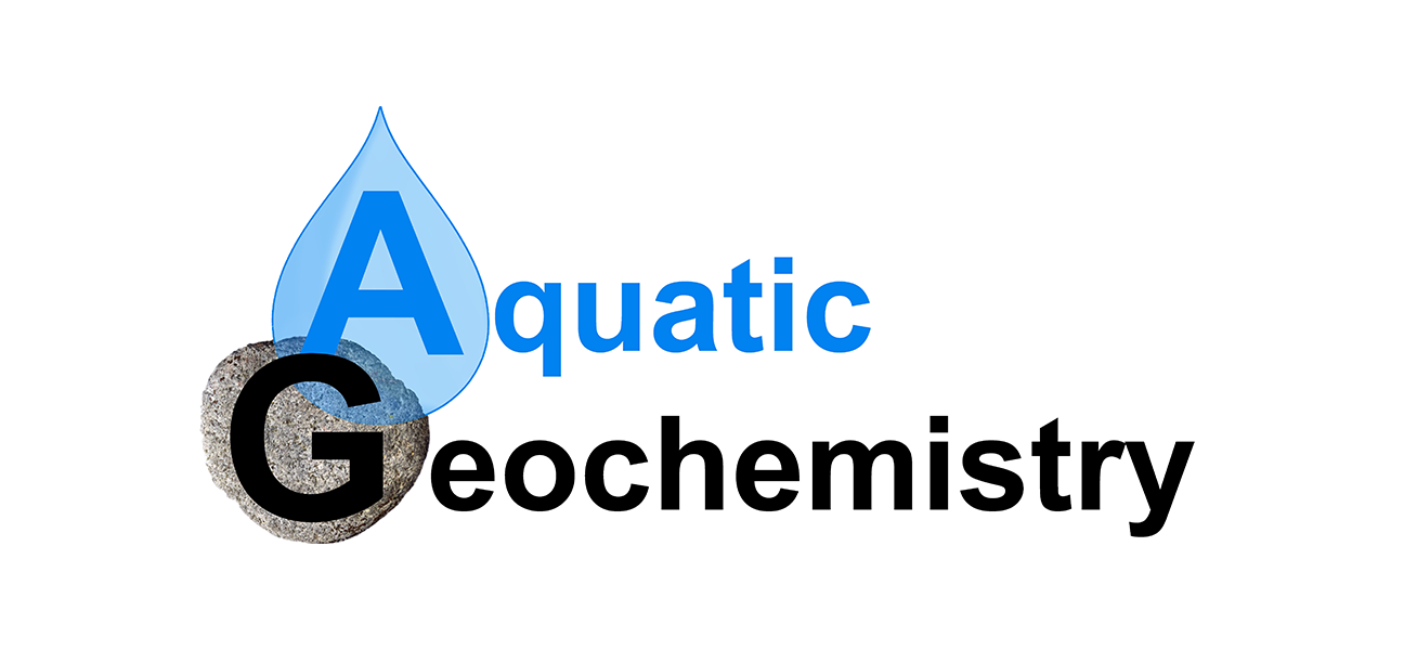Aquatic Geochemistry Group
Professor Massimo Rolle, Head of the Aquatic Geochemistry Group
Preserving and protecting groundwater quality under ongoing natural and anthropogenic forcing and ensuring sustainable access to clean water resources requires quantitative understanding of coupled physical and biogeochemical processes.

The main goal of the Aquatic Geochemistry Group is to investigate physical flow and transport processes, as well as geochemical and biological reactions in subsurface environments. Understanding these processes and their complex coupling has a wide range of environmental, climatic and industrial applications. Some examples include the fate and transport of organic and inorganic contaminants in the subsurface, the emission of greenhouse gases from soils, the dissolution/precipitation of reactive minerals, the remediation of contaminated sites, and the resource and waste management at mining and landfill sites. We approach these problems combining experimental and modeling methods. The former include high-resolution multi-dimensional flow-through experiments, whereas the latter encompass the development and application of multiscale and multicomponent reactive transport models.







